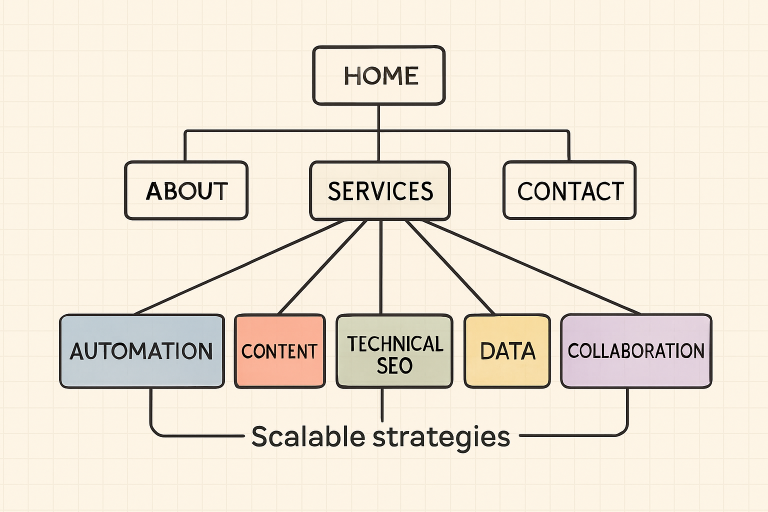What is My Right to Reasonable Accommodations in Florida?
In Florida, reasonable accommodations are adjustments or modifications that allow employees with disabilities to perform essential job functions. These can vary based on the individual’s condition and the nature of the job, but are rooted in the principle of ensuring equal employment opportunity.
Common examples of reasonable accommodations include modifying work schedules, allowing remote work, providing assistive devices, restructuring job duties, or making physical changes to the workspace. In some cases, it might also include unpaid leave for medical treatment or adjusting how tasks are communicated or performed.
However, not every request automatically qualifies. The accommodation must not cause “undue hardship” to the employer, meaning it shouldn’t be excessively costly or disruptive relative to the company’s size and resources. That said, many accommodations involve little to no cost and can be implemented with minimal effort.
Knowing your right to reasonable accommodations is vital when navigating the workplace with a disability. This blog aims to help Florida employees understand what they’re entitled to and how to assert those rights effectively. If you’re unsure whether a change at work qualifies as reasonable, legal guidance can ensure your request is clear and protected under the law.
Who Qualifies for Workplace Accommodations Under the Law
In Florida, employees may be entitled to workplace accommodations if they meet the criteria outlined under the Americans with Disabilities Act (ADA) and the Florida Civil Rights Act. To qualify, an employee must have a physical or mental impairment that substantially limits one or more major life activities, such as walking, seeing, hearing, concentrating, or working.
Importantly, the law applies only to employers with 15 or more employees. The employee must also be qualified to perform the essential functions of their job, with or without accommodation. This means you must have the necessary skills, experience, and ability to fulfill your role, and the requested accommodation should help you meet those duties.
Conditions like chronic illnesses, mobility limitations, hearing or vision impairments, and certain mental health disorders may all be considered disabilities under the law. However, temporary or minor impairments often do not qualify unless they significantly impact daily functioning.
Understanding your right to reasonable accommodations starts with knowing whether you’re legally protected. Find legal partners who can help you determine your eligibility and ensuring their requests are appropriately handled. Knowing your rights is the first step in building a fair and accessible work environment.
How to Request Reasonable Accommodations from Your Employer
Requesting a reasonable accommodation at work doesn’t have to be complicated, but it’s important to do it the right way. In Florida, there’s no specific legal form you must use—but putting your request in writing is strongly recommended. It should clearly state that you have a medical condition or disability and explain how it affects your ability to do your job. Then, suggest accommodations that could help you perform your essential duties.
You don’t need to disclose your full medical history, but your employer may request documentation from a healthcare provider that supports your need for accommodation. Once submitted, the employer must engage in an “interactive process”—a discussion with you to figure out a suitable solution. This process should be collaborative and timely.
Keep records of all communication during this process, including emails and doctor’s notes, in case any disputes arise later. Remember, your employer is legally required to consider your request, but they’re not obligated to approve it if it causes undue hardship.
Your right to reasonable accommodations is protected by law. The right professionals help Florida employees navigate these conversations with confidence, ensuring their needs are heard and respected throughout the process.
What to Do If Your Accommodation Request Is Denied
If your employer denies your request for a reasonable accommodation, it’s important not to panic, but do take action. Start by asking for clarification in writing. The employer should explain why the request was denied, often citing factors like undue hardship, lack of supporting documentation, or the availability of alternative accommodations.
In some cases, the employer may not outright deny your request but instead fail to respond or delay the process. This, too, may be a violation of your rights. Keep records of all communications and document how the denial has affected your ability to work.
You may consider appealing internally, requesting a reconsideration, or proposing a modified solution. If those efforts are unsuccessful, you can file a complaint with the Equal Employment Opportunity Commission (EEOC) or the Florida Commission on Human Relations.
Conclusion
Understanding your right to reasonable accommodations in Florida is key to ensuring a fair and supportive workplace. Whether you’re requesting help or facing a denial, you don’t have to navigate it alone. BT Law Group can help you stand up for your rights and secure the support you need.







